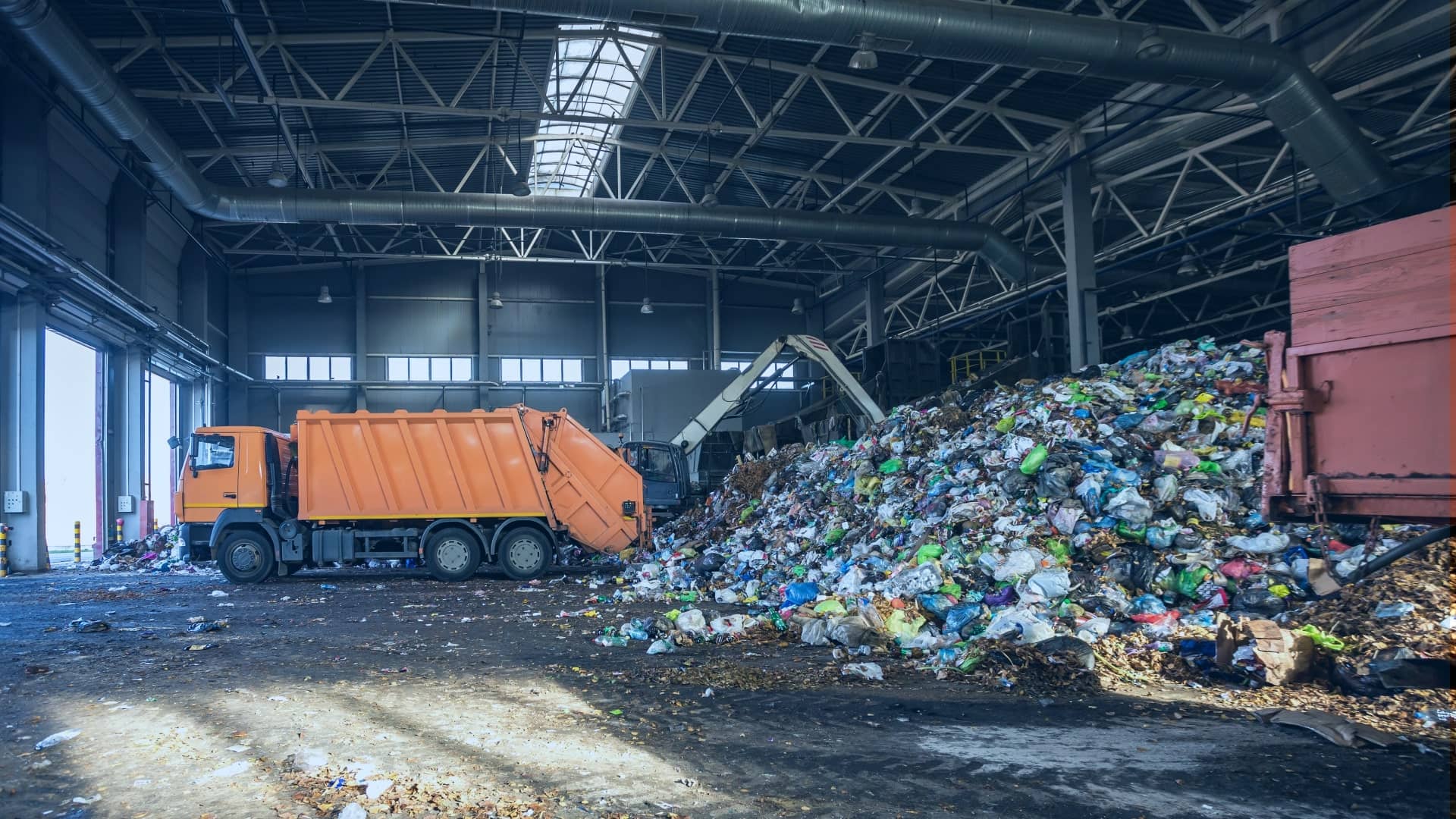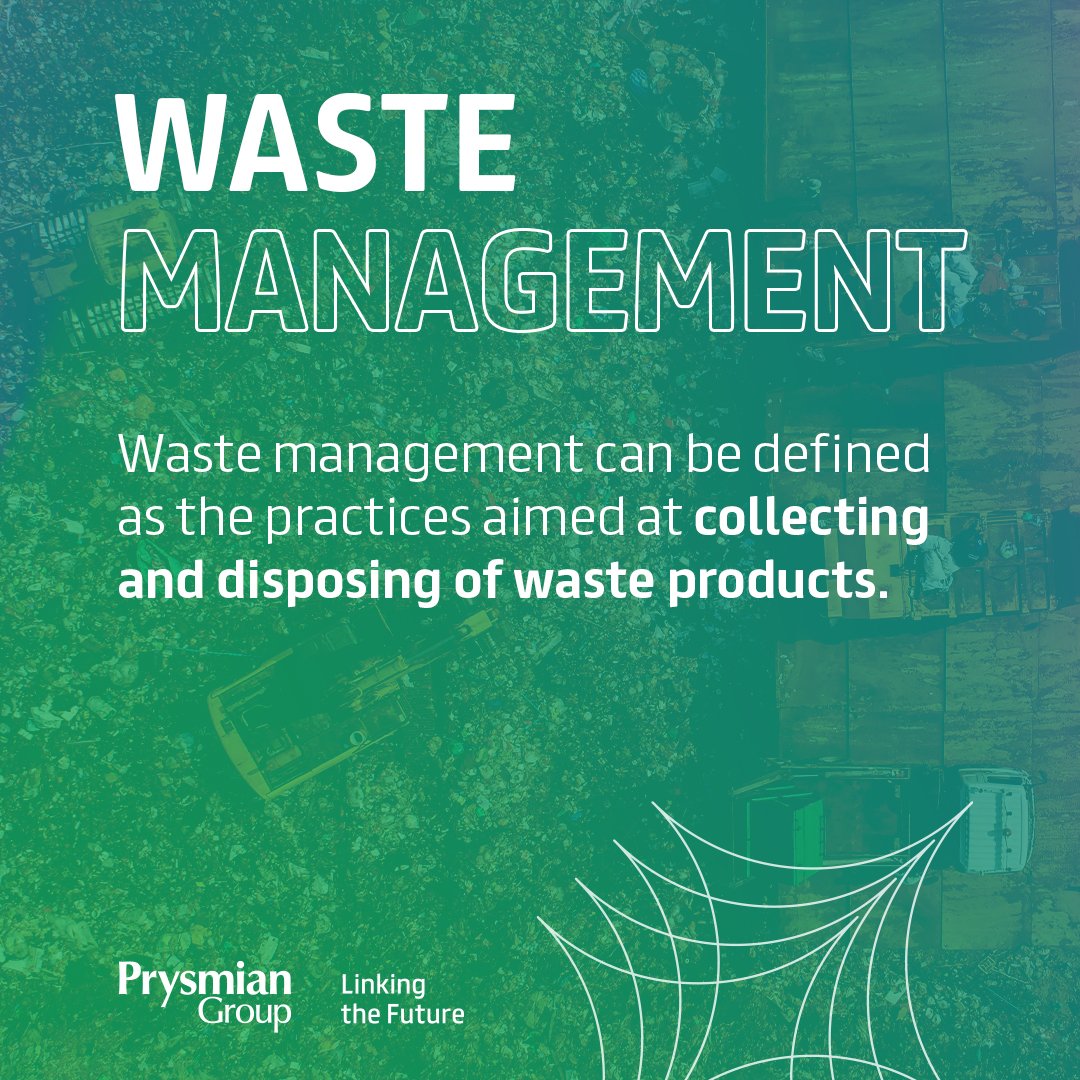The Best Strategy To Use For Reclaim Waste
3 Easy Facts About Reclaim Waste Shown
Table of ContentsWhat Does Reclaim Waste Mean?What Does Reclaim Waste Do?Little Known Facts About Reclaim Waste.How Reclaim Waste can Save You Time, Stress, and Money.Some Known Factual Statements About Reclaim Waste
Domestic sewer waste refers to the waste and items from a residential septic container. The correct monitoring and disposal of domestic sewer waste require fluid waste to be moved to a sewage treatment plant where the appropriate approaches and equipment are used to purify and dispose of waste.
Business waste often includes potential dangers, such as flammable materials or a combination of fluid and strong waste products, and calls for an advanced and in-depth disposal procedure. The disposal of industrial waste normally involves the filtering of waste before transportation to guarantee secure and correct disposal. Hazardous waste is produced from by-products and overflow of industrial processes and manufacturing.
This kind of waste can not make use of the exact same sewage monitoring transportation or processes as septic or business liquids. The hazardous waste monitoring procedure calls for the evaluation and testing of liquid waste before it undergoes the disposal process (liquid waste disposal melbourne). Runoff waste is the liquid waste that comes from runoff and excess stormwater in very booming locations or cities
Drainage waste can create contamination and flooding if not handled correctly. Ensuring appropriate waste administration can prevent calamities and lower environmental damage.
Reclaim Waste Fundamentals Explained
Get in touch with PROS Solutions today to learn more about our waste management and disposal solutions and the appropriate ways to care for the liquid waste you create.
(https://reclaimwaste1.start.page)Do you understand what happens to your water when you end, flush the commode or drain the cleaning equipment? No? Well, it's worth recognizing. This so-called 'wastewater' is not only an essential resource yet, after treatment, will certainly be released to our land, rivers or the sea. Utilized water from toilets, showers, baths, cooking area sinks, laundries and commercial processes is called wastewater.

water utilized to cool equipment or clean plant and equipment). Stormwater, a type of wastewater, is drainage that flows from farming and urban areas such as roofing systems, parks, yards, roads, courses and seamless gutters into stormwater drains, after rainfall. Stormwater flows untreated straight to regional creeks or rivers, at some point reaching the ocean.
Our Reclaim Waste Statements
In Queensland, the majority of wastewater is dealt with at sewer therapy plants. Wastewater is moved from domestic or commercial websites through a system of drains and pump stations, referred to as sewerage reticulation, to a sewage treatment plant. Regional governments construct, keep and run most sewage therapy plants. Operators are accredited under the Environmental Defense Act 1994 to release treated wastewater at an appropriate ecological criterion into waterways.
The Division of Natural Resources suggests city governments concerning handling, operating and preserving sewage systems and treatment plants. In unsewered locations, regional governments may require homeowners to set up individual or household sewage therapy systems to deal with domestic wastewater from toilets, kitchen areas, shower rooms and laundries. The Department of Natural Resources authorises using home systems when they are shown to be efficient.
In you can look here some new communities, therapy of some stormwater to get rid of trash, sand and gravel has actually begun using gross toxin traps. Wastewater therapy occurs in 4 stages: Gets rid of solid issue.
Makes use of little living microorganisms recognizes as micro-organisms to damage down and remove staying liquified wastes and great bits. Micro-organisms and wastes are included in the sludge.
How Reclaim Waste can Save You Time, Stress, and Money.
Nutrient elimination is not available whatsoever sewage treatment plants since it calls for pricey specialized tools. It is becoming more common in Queensland. Clear liquid effluent created after treatment may still contain disease-causing micro-organisms. If this effluent is released into rivers such as rivers or the sea, the micro-organisms will at some point pass away out.

A lot of wastewater flows right into the sewerage system. Under the Act, neighborhood federal governments administer authorizations and permits for ecologically relevant activities (ERAs) including wastewater launches that might have a neighborhood influence.
Examine This Report on Reclaim Waste
Otherwise, examples are taken for research laboratory evaluation. Often several tests are needed to establish the levels of each of the different toxins such as oils, hefty metals and pesticides in water. Surveillance gives factual info concerning water top quality and can confirm that licence conditions are being satisfied. The details obtained through tracking offers the basis for making water top quality choices.